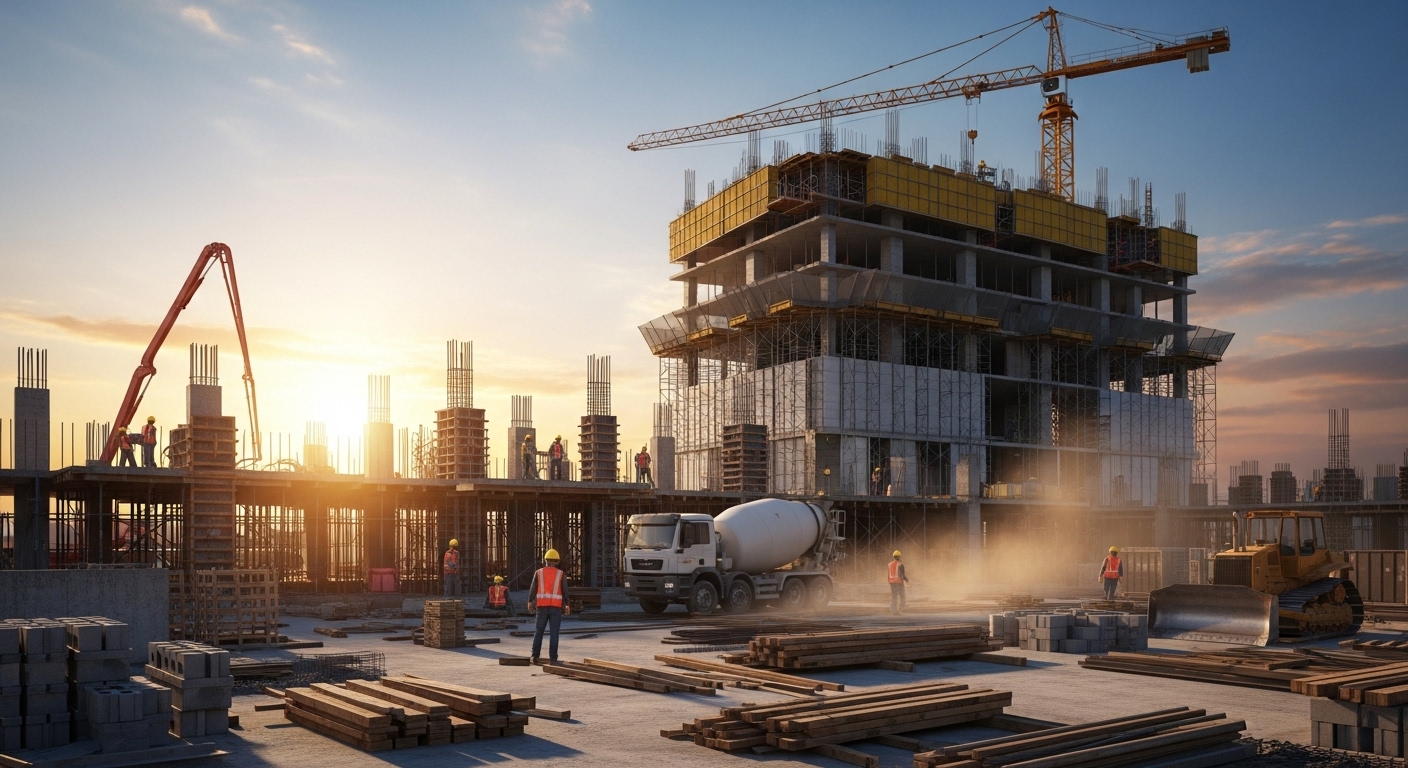Starting a home project in Altamont can feel exciting and a bit stressful. Whether it’s a full remodel or just a room upgrade, knowing what to expect can make everything easier. From permits to picking the right materials, this guide gives you clear tips to help plan your next step.
Know Your Project Goals Before You Begin
It’s important to understand your goals before making changes to your home. Are you planning to add more space? Do you want to fix something old, or maybe you want to make the home safer or easier to use?
Write down your top needs and wants. This helps you stay on track. If you’re unsure where to begin, look at the room that bothers you most. A clear idea will help you talk better with builders and avoid changes later.
If you’re thinking long-term, choose options that last and need less fixing. It’s also smart to think about how the change will work with the rest of your home. That way, everything still feels like it belongs together.
Understand What Permits You May Need
Every home project must follow local rules. In Altamont, many updates need a building permit. This is true for things like adding a room, fixing walls, or changing electrical parts. Before work starts, check what rules apply. Talk to the city or a licensed builder who knows the area. Getting permits early helps you avoid problems later.
Some small repairs might not need a permit. But bigger changes almost always do. It’s better to ask and be sure than to guess and get fined. Permits also protect you. They make sure the work is done the right way and is safe for your home.
Budget for More Than Just Materials
Money is one of the biggest parts of any project. Most people look at the cost of materials, but there’s more to think about. Labor, waste removal, and small surprises all add up.
Always leave room in your budget for things you didn’t plan. A good rule is to keep 10 to 15 percent aside for extra costs. This way, if something breaks or needs changing, you won’t feel stuck.
If you’re living in the home during work, plan for that too. Will you need to eat out more? Will you stay somewhere else for a few nights? These extra costs are easy to miss but add up quickly.
Use clear numbers. Get quotes in writing. This helps you compare builders and avoid sudden price jumps.
Pick the Right Builder for Your Needs
Not all builders do the same kind of work. Some focus on small jobs, while others handle full remodels or new builds. Choose someone who fits your project.
Ask about their past jobs. Can they show pictures? Can they give the names of people they worked with before?
Look at reviews online. See if the builder finished on time and kept the budget. Also, make sure they are licensed and insured in your area. A good builder will listen to you. They should answer questions clearly and make you feel comfortable. If something feels off early on, it may not get better later.
Prepare Your Home and Schedule
Even the best projects bring noise, dust, and mess. Plan for how the work will affect daily life. Move important items away from the work zone. Cover furniture in nearby rooms.
Think about your schedule. Will the work happen during the day while you’re at work? Will kids or pets need to be somewhere else during loud tasks?
Knowing the timeline helps a lot. Ask your builder for a work schedule. Mark big dates, like when the demo starts or when the electrical work begins. The more you prepare, the less the project will interrupt your daily routine.
Stay Involved During the Process
It’s your home, so your voice matters. Stay involved while the work happens. Walk through the space each week. Ask questions when something looks different than expected.
Keep a simple notebook or file with all the plans, receipts, and notes. This helps you stay organized.
Clear talk with your builder avoids mix-ups. If something isn’t right, bring it up early. It’s easier to fix now than later. Being present helps the builder stay on track, too. They know you care, so they’re more likely to double-check things.
Choose Finishes That Are Practical and Long-Lasting
It’s easy to get lost in looks, but pick items that hold up well. For flooring, go for something that resists scratches and is easy to clean. For walls, use paint that wipes clean and doesn’t peel in damp areas. In kitchens and baths, choose tile that resists water.
Try to keep the look of your home the same from room to room. This helps resale value later and makes your home feel whole. Keep your colors soft and simple if you’re unsure. Neutral shades work in every space and with every style.
Think About the Future of Space
Before you choose features, think about how you’ll use the space later. If you’re fixing a kitchen, will you cook more? If it’s a living room, will you add more guests? Leave room for changes later. You may not need extra outlets now, but you might later. Adding them during construction is easier than after.
Also, think about energy use. Use items that save water and power. This lowers bills and helps your home last longer. Good planning now saves time and money in the future.
Plan for Clean-Up and Final Checks
The last part of a home project matters too. Once the work ends, there may still be dust, trash, or loose parts. Ask your builder how they handle cleanup. Some include it; others charge more. Make sure everything is clean and safe before you move items back in.
Check that all features work. Turn on lights, test outlets, open windows, and run water. Make a list of things that need small fixes. Most builders call this a punch list. Finish the job by making sure every detail matches what was promised.
Why Planning Makes All the Difference
A home project is more than just tools and parts. It’s about making space for your life. When done right, it adds comfort and value to your home. Many families in Altamont start with a simple fix and end up making big changes. That’s why it helps to think ahead and work with people you trust. Whether you want to update one room or your whole home, smart planning is key.
When you choose Altamont Construction, you need more than just workers. You need a plan that makes sense for your home, your budget, and your future.

